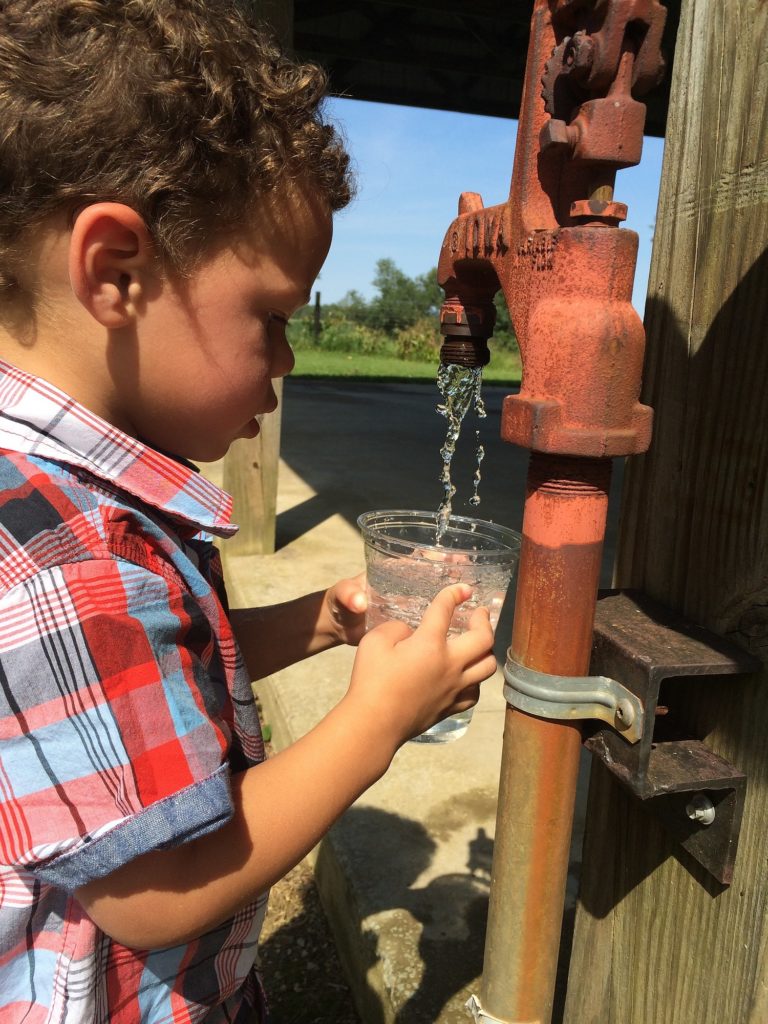Waterkeeper Alliance Notifies EPA of Intent to Sue to Compel Action on Drinking Water Regulations
By: Waterkeeper Alliance

Click here to access the full Notice of Intent to Sue.
EPA has missed ten Safe Drinking Water Act deadlines for monitoring and regulating strontium, tetrachloroethylene, trichloroethylene, acrylamide, epichlorohydrin, hexavalent chromium, and other contaminants in drinking water.
EPA’s mandatory obligations under the Act include identifying unregulated contaminants for monitoring and/or regulation, regulating those contaminants, and reviewing and revising existing drinking water regulations, all according to a specific timetable mandated by Congress.
Six of the mandatory duties Waterkeeper Alliance intends to enforce in the upcoming lawsuit involve particular contaminants:
- Strontium, which is currently unregulated but occurs in drinking water systems and interferes with bone growth. Sources of strontium include the burning of coal, leaking coal ash ponds, and shale fracking. EPA made a preliminary determination to regulate strontium and is past the deadline to make that final determination.
- Acrylamide, epichlorohydrin, tetrachloroethylene (“PERC”), and trichloroethylene (“TCE”), which were all regulated in 1987 or 1991 as probable human carcinogens with a maximum contaminant level goal of zero, but EPA set higher enforceable limits due to the limits of technology at that time. In 2010, EPA found that the enforceable limits should be tightened based on improved technology, but EPA has not revised the regulations and is past the deadline for doing so.
- Chromium (including hexavalent chromium, the chemical best known from the movie Erin Brockovich), which was regulated in 1991, with an enforceable limit of 100 parts per billion, based on the assumption that it was only a skin irritant, not a human carcinogen. Since then, hexavalent chromium has been reclassified as a probable human carcinogen and California set a goal of 0.2 parts per billion and an enforceable limit of 10 parts per billion. EPA has been studying it for many years but still finished its review of the outdated 1991 standard and has not begun to revise it, well past the deadline for doing so.
The other four duties Waterkeeper Alliance intends to enforce relate to EPA’s obligations to publish Contaminant Consideration Lists (CCLs), Unregulated Contaminant Monitoring Rules (UCMRs), regulatory determinations, and reviews of all existing drinking water regulations. EPA has also missed these deadlines.
“EPA’s repeated failures to meet mandatory deadlines for monitoring and regulating carcinogens and other harmful contaminants in drinking water puts millions of Americans at unnecessary risk,” said Marc Yaggi, Waterkeeper Alliance’s Executive Director.